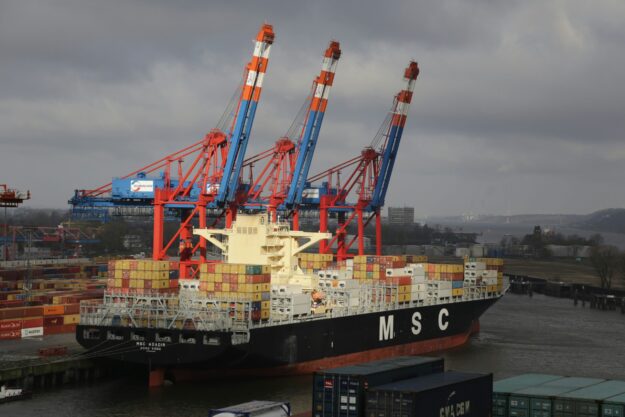Enhancing Supply Chain with Port Efficiency and Innovation
Investments in infrastructure, technological advancements, and sustainability are being made to bolster the country’s supply chain resilience and trade flow. An executive director highlighted the global role in efficient and innovative port management, stating, “Our commitment to strengthen our capability is further demonstrated through the development of a new berth. Expanding our quay by another…
Details









